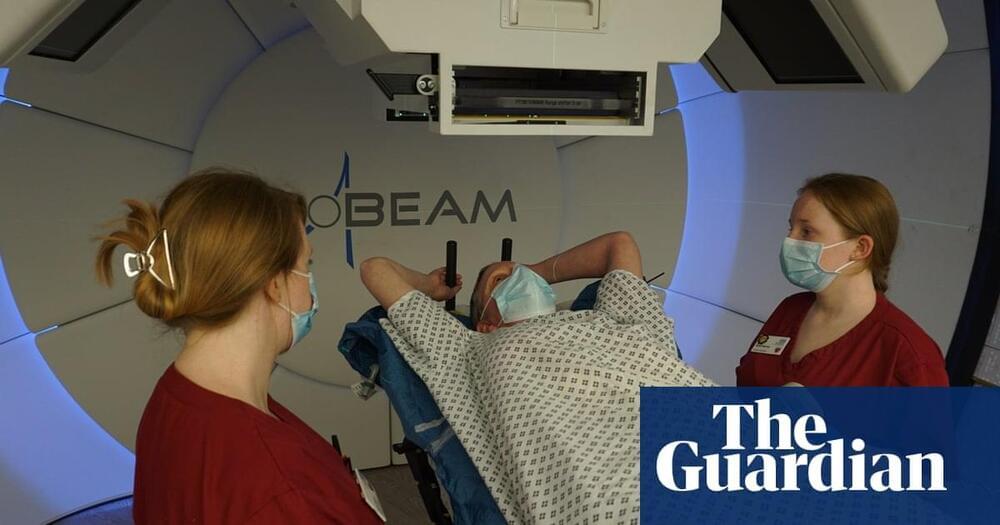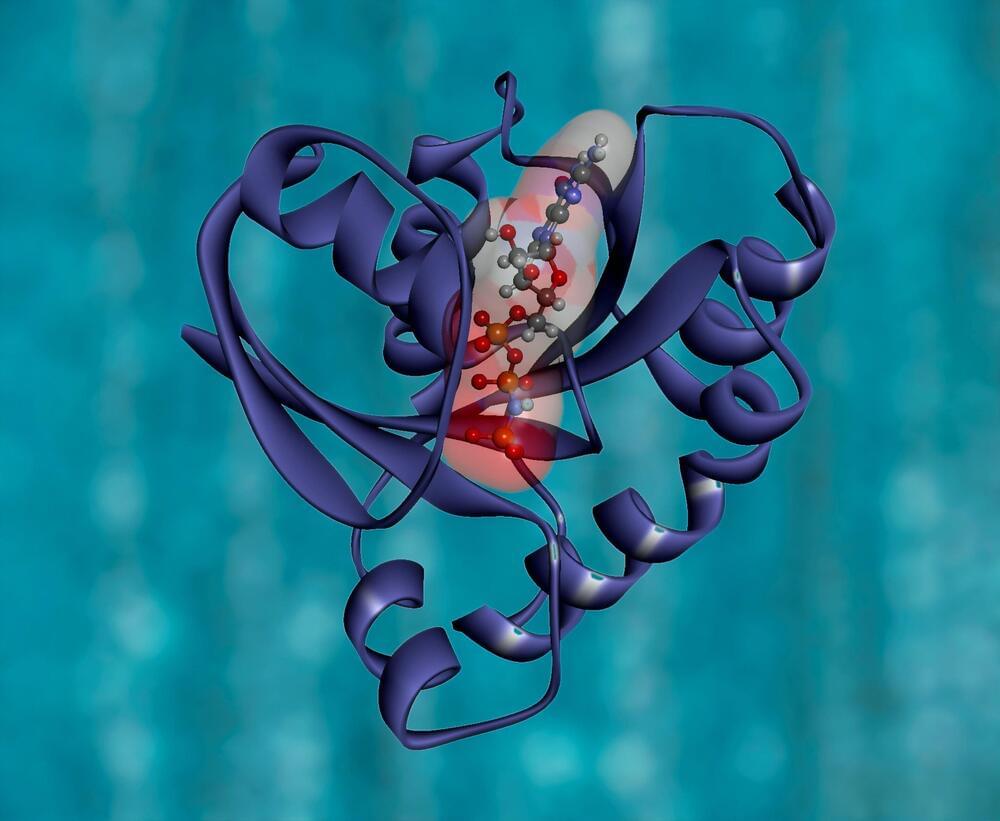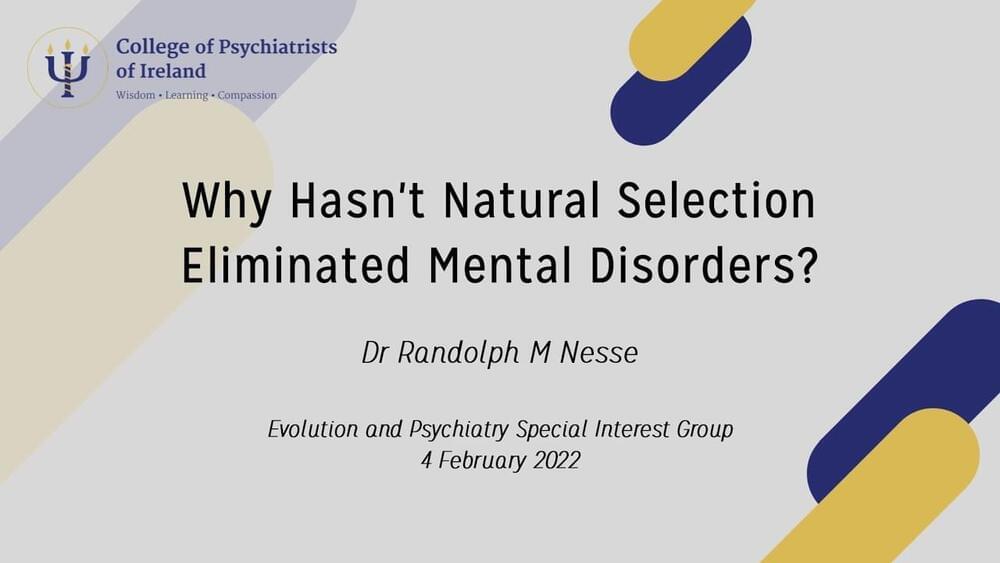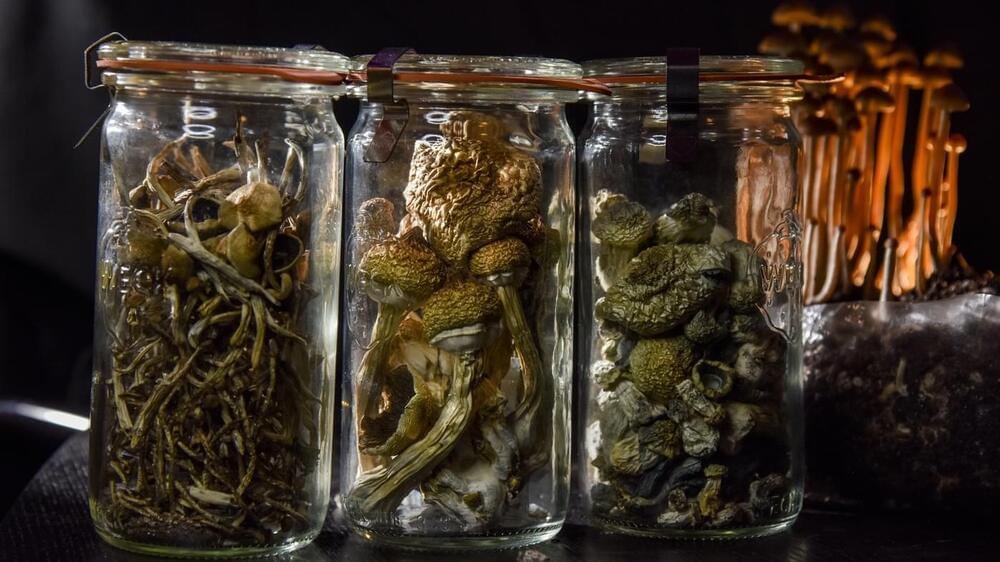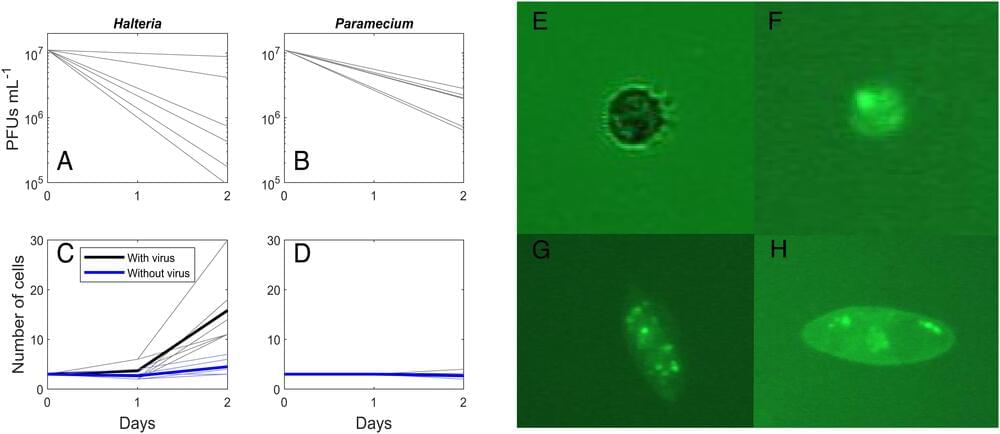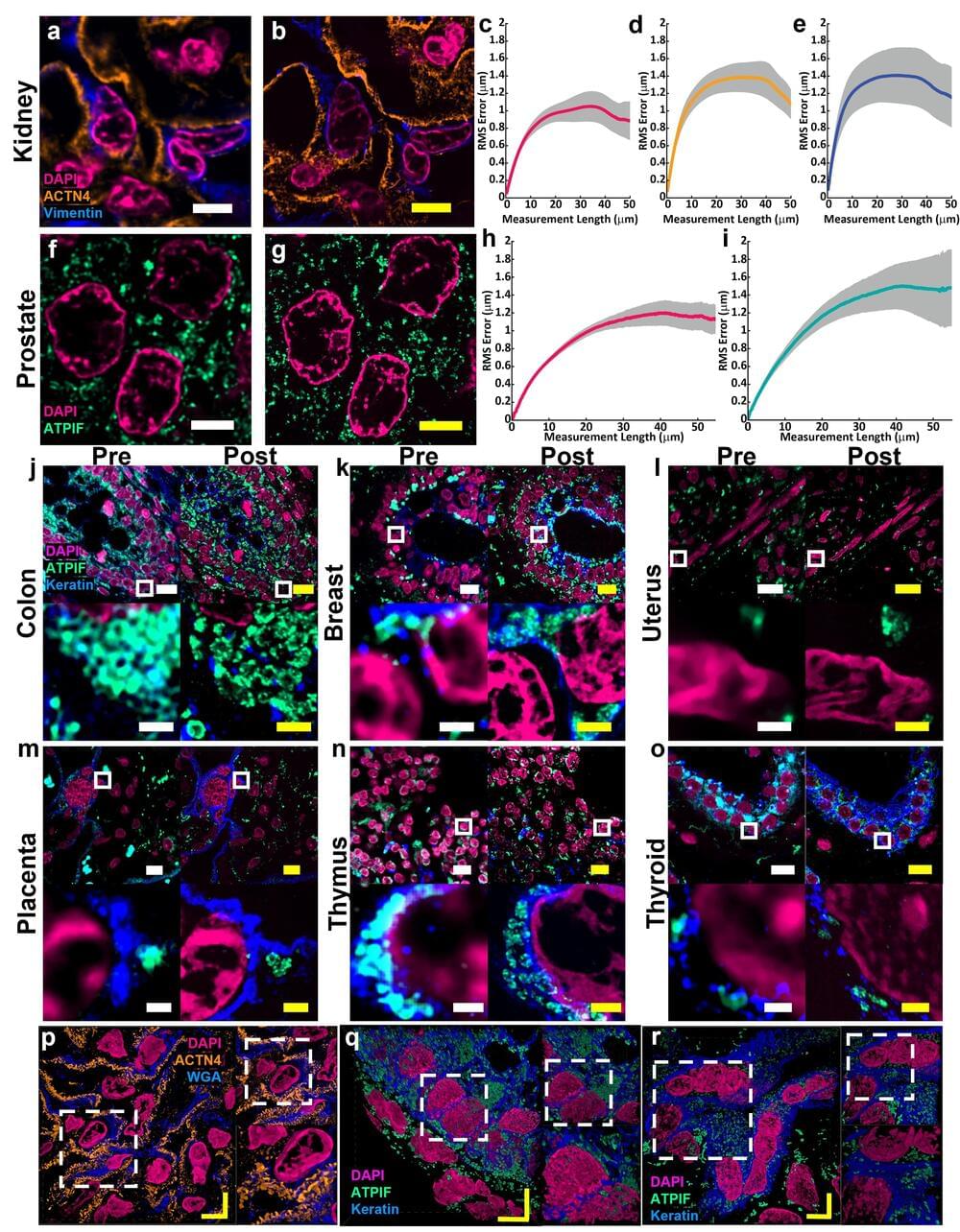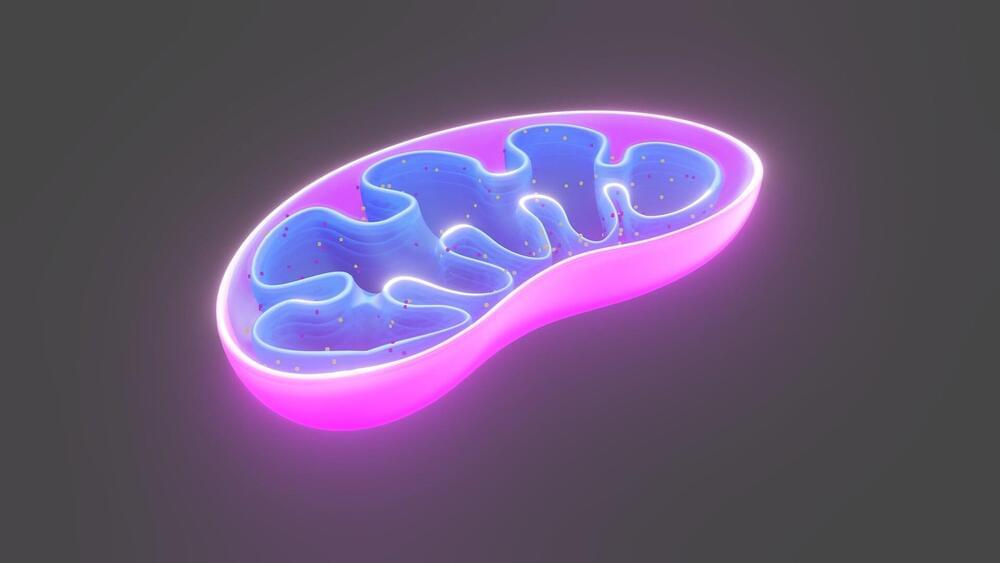Jan 3, 2023
Artificial DNA can kill cancer
Posted by Nicholi Avery in categories: biotech/medical, chemistry
𝐑𝐞𝐬𝐞𝐚𝐫𝐜𝐡𝐞𝐫𝐬 𝐚𝐭 𝐭𝐡𝐞 𝐔𝐧𝐢𝐯𝐞𝐫𝐬𝐢𝐭𝐲 𝐨𝐟 𝐓𝐨𝐤𝐲𝐨 𝐢𝐧 𝐉𝐚𝐩𝐚𝐧 𝐡𝐚𝐯𝐞 𝐮𝐬𝐞𝐝 𝐚𝐫𝐭𝐢𝐟𝐢𝐜𝐢𝐚𝐥 𝐃𝐍𝐀 𝐭𝐨 𝐭𝐚𝐫𝐠𝐞𝐭 𝐚𝐧𝐝 𝐤𝐢𝐥𝐥 𝐜𝐚𝐧𝐜𝐞𝐫 𝐜𝐞𝐥𝐥𝐬 𝐢𝐧 𝐚 𝐧𝐞𝐰 𝐰𝐚𝐲.
The method was effective in lab tests against human cervical cancer-and breast cancer-derived cells, and against malignant melanoma cells from mice. The team created a pair of chemically synthesized, hairpin-shaped, cancer-killing DNA. When the DNA pairs were injected into cancer cells, they connected to microRNA (miRNA) molecules that are overproduced in certain cancers.
Once connected to the miRNA, they unraveled and joined together, forming longer chains of DNA which triggered an immune response. This response not only killed the cancer cells but prevented further growth of cancerous tissue. This method is different from conventional anticancer drug treatments and is hoped to bring about a new era of drug development.

